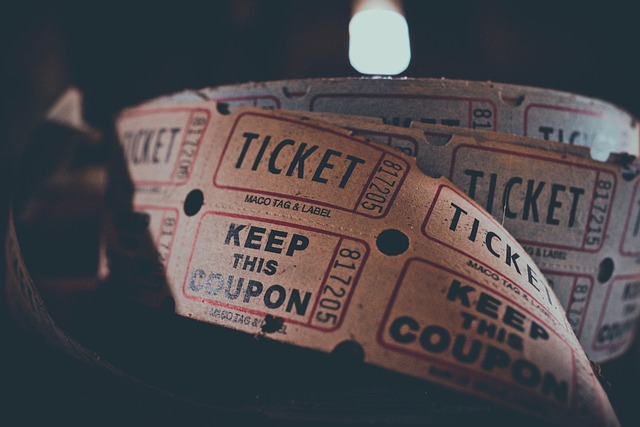Lotteries have been a captivating aspect of human culture for centuries, intertwining chance and dreams of riches in a game that transcends geography and time. The lottery history reveals a tale of evolution, excitement, and occasional controversy, painting a vivid picture of how this form of gambling has shaped societies and influenced destinies.
Originating in ancient civilizations, lotteries can be traced back to as early as 205 BCE in China, where they were used to fund important projects like the Great Wall. These early games of chance were not merely a pastime but rather a means to support significant societal endeavors. The concept quickly spread across the globe, with each culture adding its unique twist and impact.
As the centuries marched on, lotteries evolved into a prominent form of fundraising in Europe during the Renaissance. Charitable foundations flourished thanks to these games, offering affluent citizens the chance to win large sums while aiding those in need. However, with prosperity came suspicion, leading to various debates about the morality and legality of such gambling practices. Lottery history is steeped in tales of public outrage and reform, demonstrating how societies have grappled with the balance between entertainment and ethics.
In colonial America, lotteries played a pivotal role in building the nascent nation. The funding of essential initiatives, from the establishment of schools to road construction, was often made possible through lottery proceeds. This trend reflected the strong connection between chance and community, illustrating how lotteries were more than just games—they were lifelines for progress and development.
As we moved into the modern era, lotteries began to shift from local to large-scale operations. In the 20th century, the introduction of state-run lotteries marked a new phase in the lottery history. Governments around the world embraced the opportunity to generate revenue in a way that masqueraded as a voluntary tax. This modern incarnation of the lottery combined the thrill of gambling with the satisfaction of contributing to public good—a compelling proposition that continues to draw millions of participants.
Todays’ lotteries, complete with advanced technology and marketing strategies, have transformed into some of the largest gambling industries worldwide. The introduction of online lotteries has made participation even more accessible, breaking geographical barriers and allowing individuals from different walks of life to join in the pursuit of fortune. Yet, this rise in popularity often comes hand-in-hand with concerns about gambling addiction and the socio-economic implications of chasing a jackpot.
Despite controversies and economic implications, the allure of lotteries remains undeniably potent. Their ability to transform lives, provide hope, and even instill a sense of community continues to resonate with everyday people. As we delve into the lottery history, we uncover more than just numbers and tickets; we discover a rich tapestry of human aspiration, risk-taking, and the age-old quest for luck in an unpredictable world.




